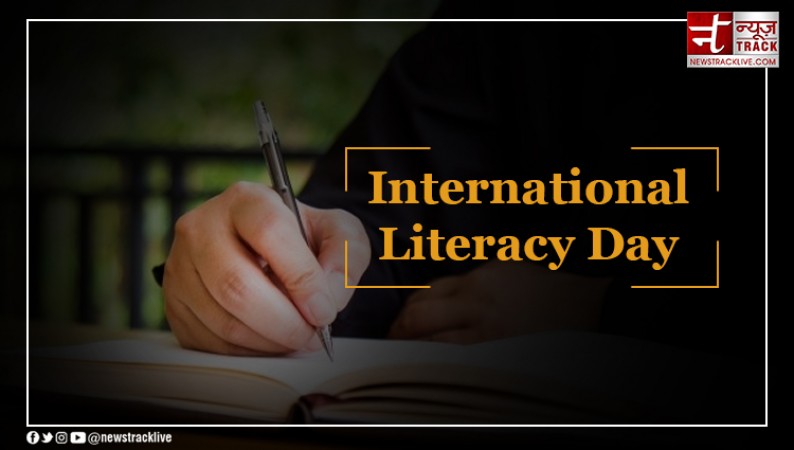International Literacy Day, observed annually on the 8th of September, serves as a powerful reminder of the fundamental importance of literacy in the world. Established by the United Nations Educational, Scientific and Cultural Organization (UNESCO) on the 26th of October, 1966, during the 14th session of UNESCO's General Conference, this day has since become a global celebration of literacy and its transformative power. It was first celebrated in 1967 and has continued to gain momentum, shining a light on the critical role literacy plays in promoting education, equality, and sustainable development worldwide.
The Significance of Literacy
Literacy is far more than just the ability to read and write; it is a cornerstone of personal development, economic growth, and social progress. It enables individuals to access information, participate in society, and exercise their rights and responsibilities as citizens. Moreover, literacy empowers people to make informed decisions about their health, finances, and overall well-being. It is a tool for breaking the cycle of poverty, reducing inequalities, and fostering inclusive societies.
The 2030 Agenda for Sustainable Development
International Literacy Day aligns perfectly with the United Nations' 2030 Agenda for Sustainable Development, specifically Goal 4: Quality Education. This goal aims to ensure inclusive and equitable quality education and promote lifelong learning opportunities for all. Literacy is a fundamental aspect of quality education, and achieving it is essential to achieving the other 16 Sustainable Development Goals.
The Theme of International Literacy Day
Each year, International Literacy Day focuses on a specific theme to address relevant challenges and issues. These themes encourage governments, organizations, and individuals to take action and create awareness about literacy-related matters. Past themes have included "Literacy in a Digital World" and "Reading the Past, Writing the Future." The theme for International Literacy Day 2023 is "Literacy for a Sustainable Future."
Literacy in a Digital Age
In the 21st century, literacy extends beyond traditional reading and writing skills. With the rise of digital technology, digital literacy has become equally vital. This includes the ability to navigate the internet, critically evaluate online information, and use digital tools for various purposes. International Literacy Day acknowledges the importance of digital literacy in today's interconnected world.
Global Efforts to Promote Literacy
UNESCO and various international organizations work tirelessly to promote literacy worldwide. They support countries in developing effective literacy programs, training teachers, and providing resources to ensure that all individuals, regardless of their age or background, have access to quality education.
Local Initiatives and Community Engagement
While global efforts are essential, promoting literacy also requires action at the local level. Communities, schools, libraries, and NGOs often play a pivotal role in improving literacy rates. Through outreach programs, reading initiatives, and adult education classes, these organizations contribute to raising awareness and enhancing literacy skills among vulnerable populations.
International Literacy Day is a testament to the power of education and the pursuit of knowledge. It reminds us that literacy is not only a fundamental human right but also a catalyst for positive change. By fostering literacy in all its forms, from traditional reading and writing to digital literacy, we can create a more inclusive, equitable, and sustainable world where everyone has the opportunity to reach their full potential. On this day, let us recommit ourselves to the global effort to eradicate illiteracy and empower individuals to lead enriched lives.
